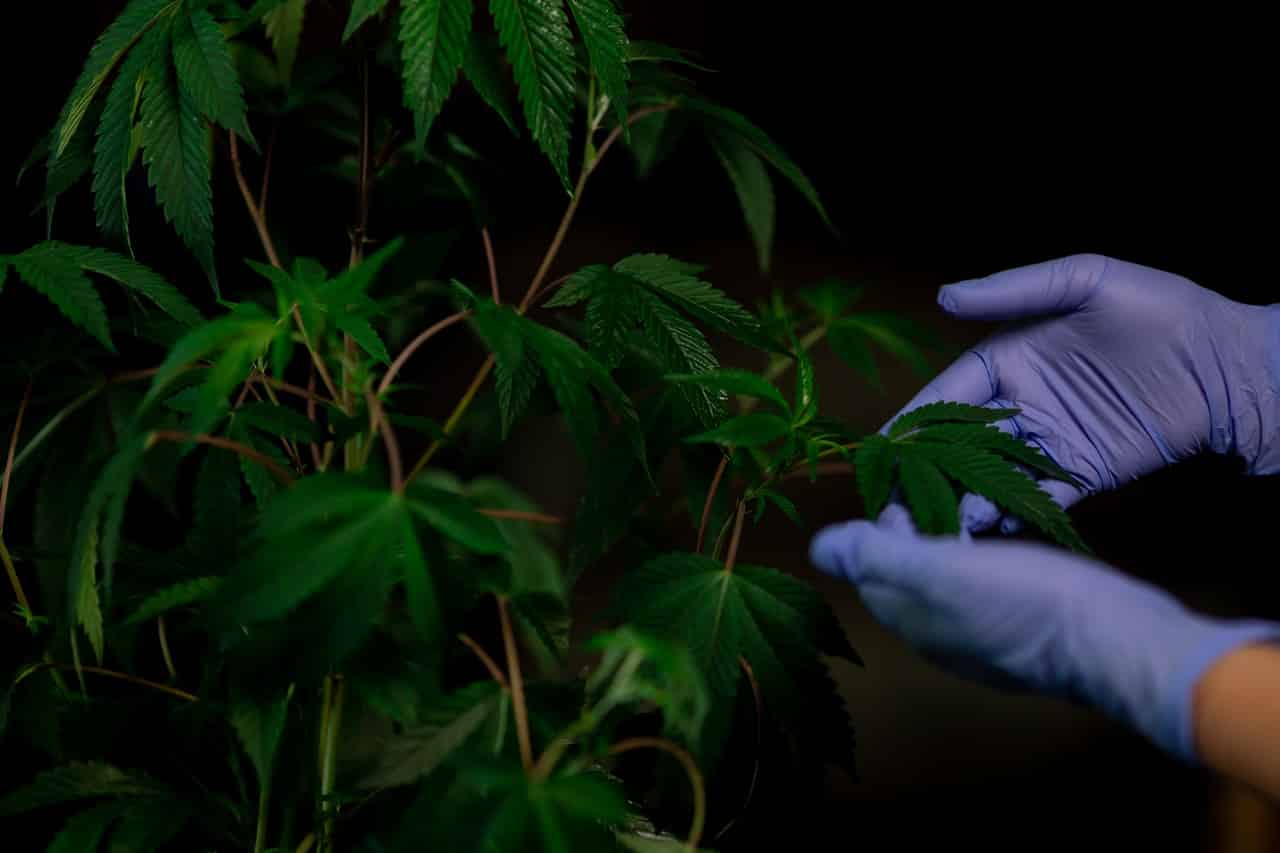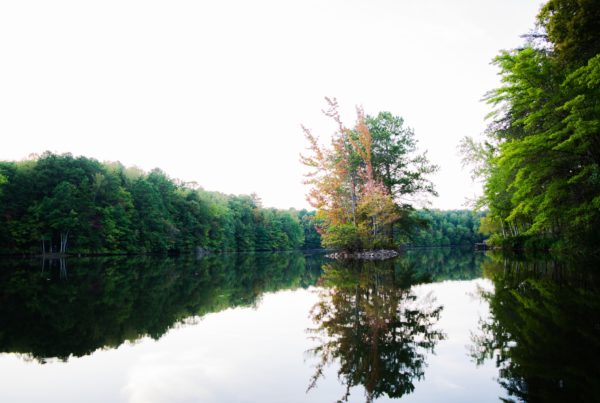You can apply for an Alabama cannabis cultivator license as early as September 1, 2022. Would you like to know how to start a cannabis cultivation business in Alabama? In this article, I’ll provide you with a step-by-step guide on how to win a medical marijuana cultivator license in Alabama.
But if you’d prefer to speak with our Alabama cannabis consultants directly, click the button below to schedule a free consultation.
 Step-by-step guide for winning an Alabama Cannabis Cultivator License
Step-by-step guide for winning an Alabama Cannabis Cultivator License
Below are actions you can take now that will help you win a marijuana cultivator license in Alabama. Since there are only 12 Alabama cannabis cultivation licenses available, you can expect fierce competition. Follow these steps to improve your odds.
Step 1 – Read the Laws and Rules
To begin, make sure you read the laws and rules of the Alabama medical cannabis program. You should read the following:
- Alabama Medical Cannabis Commission Bill (SB46); and
- Proposed Administrative Rules Governing Medical Cannabis Cultivation.
While reading the bill (SB46), I recommend that you pay particular attention to Section 20-2A-62 (page 79), which focuses on the Alabama marijuana cultivator licenses.
By reading the bill, you’ll also determine if you are eligible to apply. Have you ever read a bill before? It contains hundreds of pages of technical lawyer language that is hard to interpret. If you don’t have time to read through hundreds of pages of laws and regulations, then move on to step 2 (let a professional do it for you!).
Step 2 – Engage an Alabama Cannabis Cultivation Consultant
An Alabama marijuana business consultant can make your life easier, save you time, and exponentially increase your chances of winning a cultivation license. Specifically, our cannabis cultivation consultants in Alabama project manage your entire application, from technical writing to facility design to talent acquisitions.
Since you’ll compete against the largest cannabis multi-state operators in the world, it is best that you bring your A-team and allow a professional to write your application. Our Alabama cannabis cultivation license consultants have a proven track record of outcompeting MSOs time after time (here is a video highlighting some of our highest-scoring license wins in the last decade).
Step 3 – Form a business entity
It’s never too early to begin forming a business entity for your application. We find that applicants typically form limited liability companies (LLCs) or corporations.
However, when forming your company, you should keep in mind that Alabama will issue at least 25% of the licenses to minority-owned businesses. So to have a shot at all of the licenses, it may behoove you to submit as a minority-owned business.
Step 4 – Choose a location
At this point, you can start identifying the location of your proposed cannabis cultivation facility. Check with the municipality of your proposed location to determine if the location is compliant.
Since Alabama has not published the cultivation license application, it is not clear if you should secure a property at this point. The Application may or may not require you have to have final control of the property before submitting it.
Thus, it’s best to wait for the application to be published before signing a contract to purchase or lease a property. Instead, make a list of potential sites and start talking with the landowners about your plans. You may be able to enter into an option to lease or buy contingent on the issuance of a cultivation license.
Step 5 – Form a Team
One aspect that your cultivation license application will get scored on heavily is the team that you apply with. The state wants to know that your team has the expertise to run a safe, secure, and compliant cannabis cultivation business. With that being said, make sure you recruit top-notch talent with experience in the cannabis industry or a related field.
Keep in mind that your proposed business must have majority ownership by an individual or individuals with proof of residence in Alabama for no less than 15 years preceding the application date (review eligibility requirements for more details).
Quantum 9 offers talent acquisition services and can help you build a team that will receive the highest score on your cultivation license application.
Step 6 – Develop a business plan
While the application is several months out, it’s a good idea to put together your business plan now. Your business plan will help you communicate your venture to interested parties more effectively. You can also use it to understand the market, raise capital, recruit team members, and garner local support.
As an added benefit, portions of your business plan can be used toward the actual cannabis cultivation license application.
Step 7 – Raise Capital
With your business plan in hand, you can now begin raising capital to fund your pursuit of a cultivation license and startup costs. The cost to start a cannabis cultivation facility will run you millions to tens of millions of dollars.
Work with our consultants and pitch your venture to investors along our side. We’ll take the stress out of raising capital and answer any of the hard questions your investors throw your way.
Step 8 – Garner local support
It’s never too early to start building local support at the government level and with community organizations. Why you may ask? Because the municipal government of your proposed cannabis cultivation business will have the final say as to who can operate within their boundaries.
If you come to the State with a letter of support for your municipality, your application will receive a much higher score.
Step 9 – Write your Albama Cannabis Cultivator License Application
Finally, the last step is to put all the pieces together and write your cultivation license application.
Although the final application instruction for a cultivation license is not published, the bill does hint at what is required. To apply for an Alabama cannabis cultivation license, you’ll have to submit an operating plan that contains:
- Security Plan;
- Grow Plan;
- Protocols for:
- Visitor access;
- Video monitoring;
- Engineering plans and specifications for the entire facility;
- Waste Disposal Plan;
- Chain of Custody Plan;
- Inventory and Tracking Plan;
- and more.
Depending on if there is a page limit or not, the application writing can easily reach hundreds, if not thousands, of pages. Not to mention that you’ll compete against professional writers, attorneys, and cannabis multi-state operators.
Why risk submitting an application that won’t win you a cultivation license? Allow ur Alabama cannabis application writers to manage your cultivation license application for you. We’ll take care of all the technical writing, assist with team recruitment, raising capital, lining up real estate, and working with your municipality to garner support.
Conclusions on Alabama Cannabis Cultivator License
All in all, you can expect intense competition for an Alabama marijuana cultivator license. It’s a time-consuming and confusing process, so feel free to click the button below to schedule a free consultation and learn how we can help you win an Alabama cannabis cultivation license.
 APPENDIX | Marijuana Cultivator License in Alabama
APPENDIX | Marijuana Cultivator License in Alabama
Number of Alabama Cultivator Licenses available.
Alabama will issue up to 12 cannabis cultivator licenses.
Authorized Activity for Cultivators in Alabama
So what does an Alabama marijuana cultivator license allow you to do? In short, the cannabis cultivator license in Alabama allows a business to:
- Cultivate cannabis;
- Sell or transfer cannabis to a processor in Alabama; and
- Sell or transfer medical cannabis to a dispensary.
However, an Alabama cannabis cultivator must use a licensed transporter to transfer cannabis from its premises. Also, to be clear, cannabis cultivators in Alabama cannot process cannabis (i.e. make extracts, edibles, etc.)
Distance requirements
Your cultivation facility in Alabama must not be located within 1 mile of any other cannabis cultivator, integrated facility, or hemp grower.








